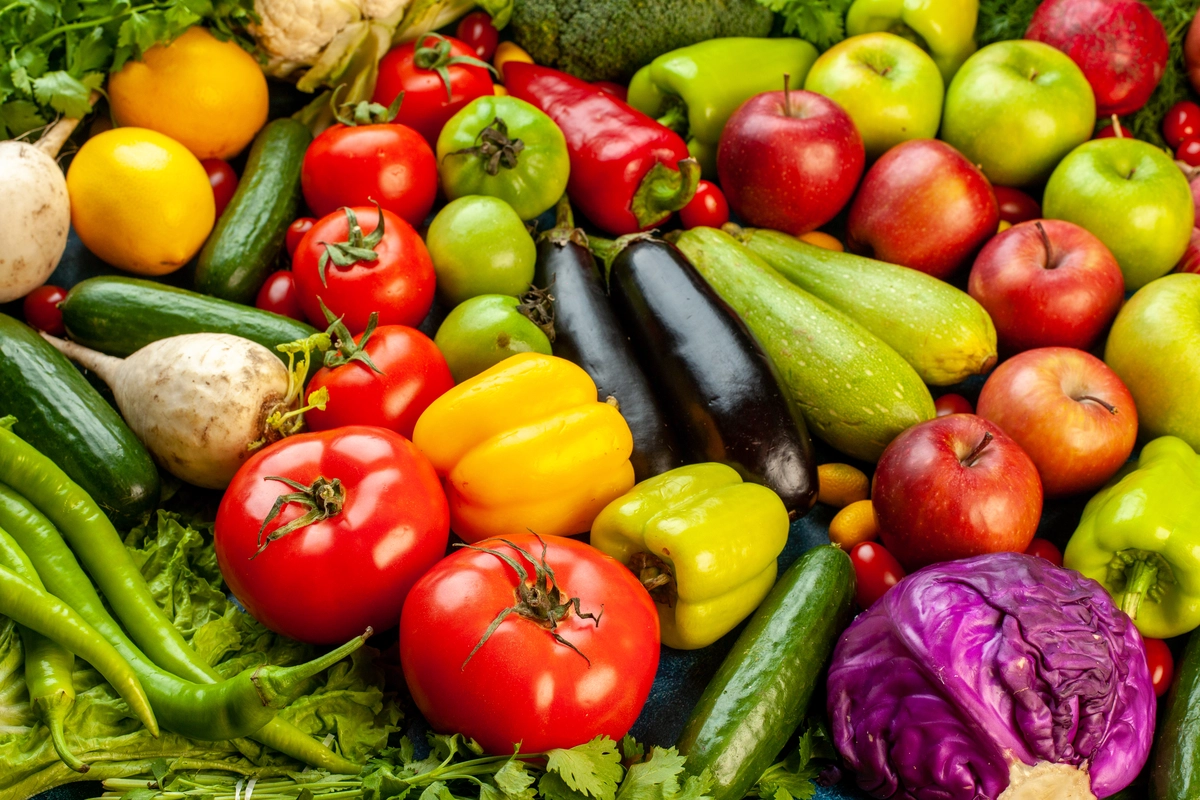Bengaluru, with over a fifth of the state’s population, sources its vegetables from farming networks in the surrounding regions, including Bengaluru Urban, Kolar, Chikkaballapur, Ramanagara, and Bengaluru Rural. Major contributors include Hopcoms, delivering 70 tonnes of vegetables, and various private shops, ranging from pushcarts to supermarkets.
EMPRI’s Alarming Findings
Researchers from the Environment Management and Policy Research Institute (EMPRI) collected and analyzed 400 samples from 20 different stores across Bengaluru, including high-end supermarkets, local markets, organic stores, and Hopcoms. The study focused on 10 commonly consumed vegetables, such as brinjal, tomato, capsicum, and carrot, to assess the presence of heavy metals.
Heavy Metal Contamination
The study revealed that several vegetables exceeded permissible limits for heavy metals, as set by the Food and Agriculture Organisation (FAO). For example, the permissible limit for iron is 425.5 mg/kg, but beans purchased from organic shops contained 810.20 mg/kg, coriander had 945.70 mg/kg, and spinach had 554.58 mg/kg. Vegetables from Hopcoms also displayed elevated iron levels, with onions containing 592.18 mg/kg.
Cadmium A Dangerous Element
Cadmium, a toxic element, should not exceed 0.2 mg/kg, according to FAO guidelines. However, brinjal from a supermarket in BTM Layout was found to contain 52.30 mg/kg of cadmium. Coriander, spinach, and carrot also exhibited cadmium levels significantly higher than the permissible limit. Cadmium can cause toxicity in the liver and lungs and impair the immune system.
Lead Concerns
Lead, known for its toxicity, should not surpass 0.3 mg/kg. While it was undetectable in several vegetables, beans from a supermarket contained 12.20 mg/kg of lead. This is alarming, as beans are commonly consumed daily by the public. Elevated levels of nickel, above the recommended limit of 67.9 mg/kg, were also detected in green chilies, carrots, potatoes, tomatoes, and beans.
Leafy Vegetables The Worst Offenders
The study highlighted that leafy vegetables tend to accumulate higher levels of heavy metals compared to other types. This phenomenon is attributed to the higher transpiration rate of plants to support growth and moisture.
Recommendations and Further Research
EMPRI’s study recommends avoiding the use of wastewater for cultivation and discouraging unethical farming practices like irrigating crops with drainage and effluent waters. Further research is needed to trace the sources of contaminated vegetables, establish maximum limits for each type of vegetable, and assess the health impacts on various age groups.
To wind it up
Bengaluru’s vegetable contamination crisis raises concerns about the health risks associated with heavy metal exposure through everyday consumption. It underscores the need for comprehensive studies, stricter monitoring, and sustainable farming practices to ensure safe and healthy food sources for the city’s residents.







